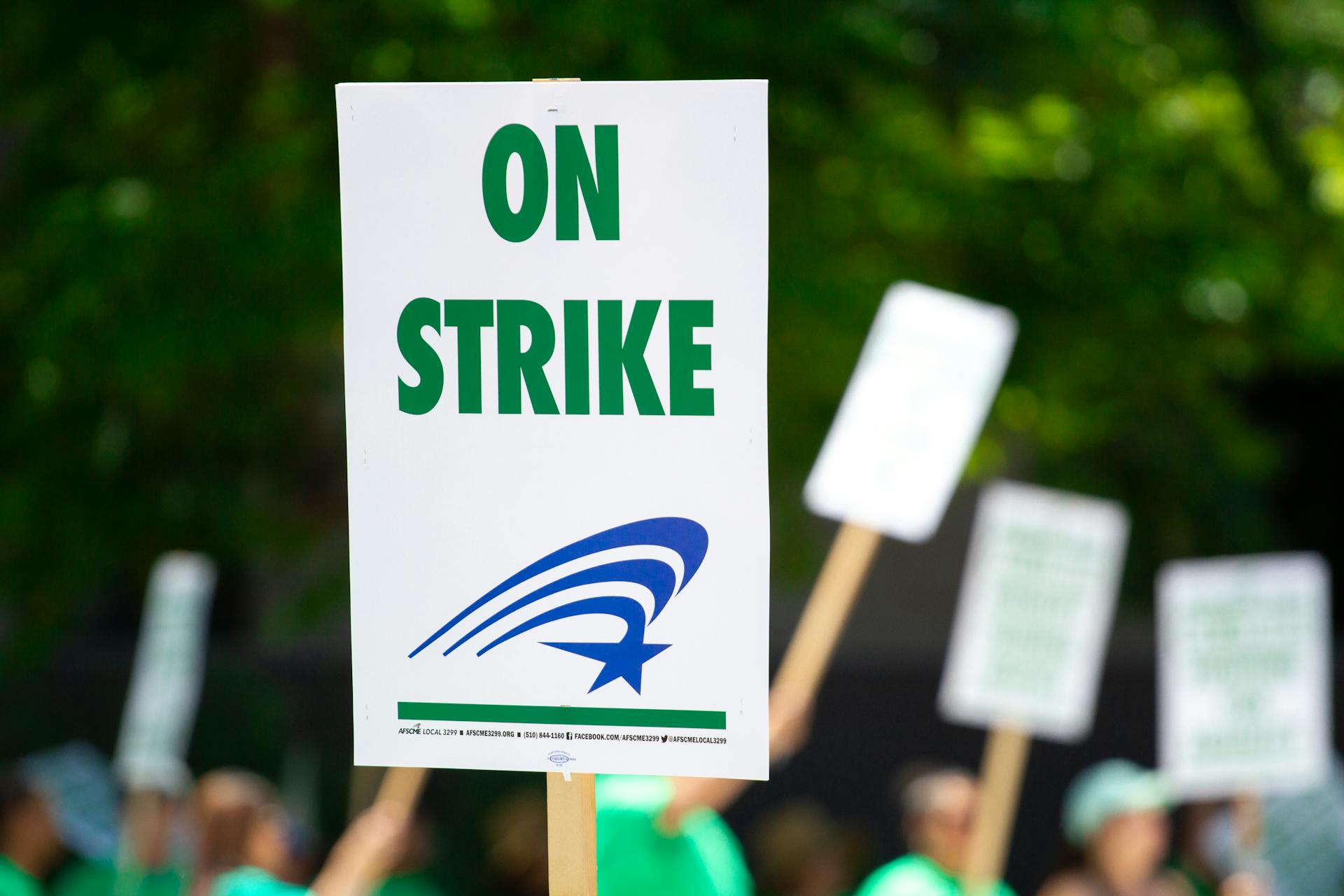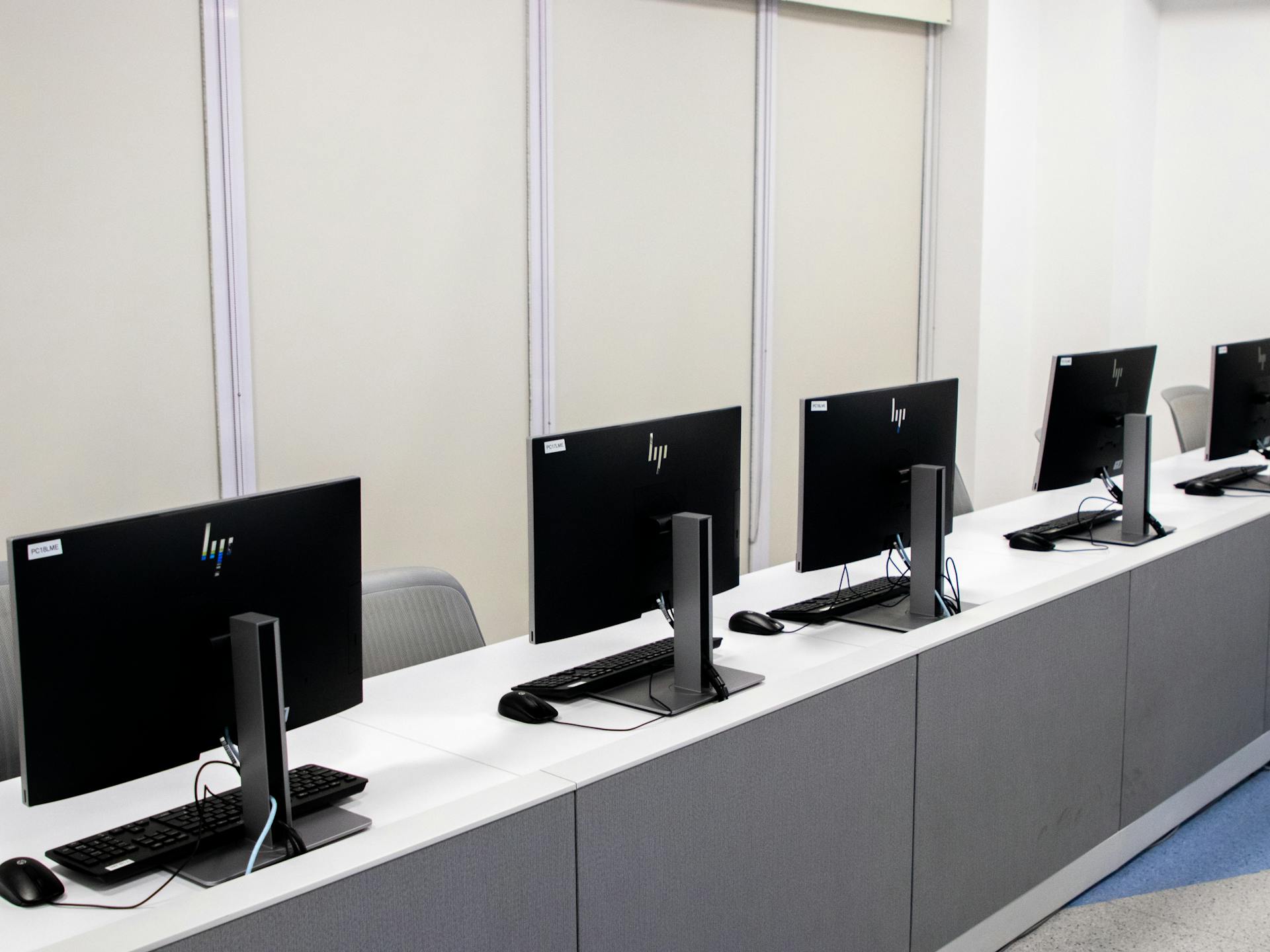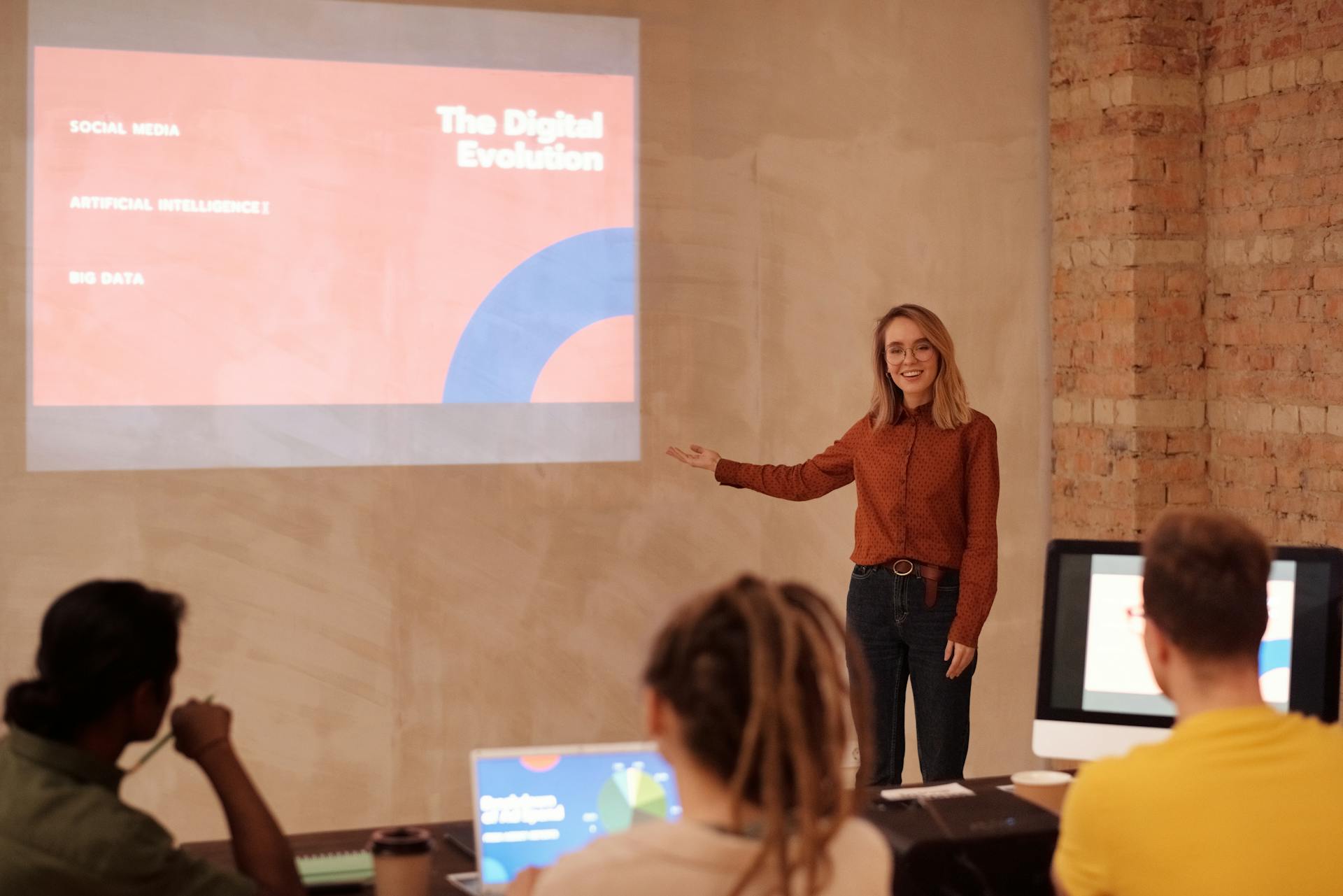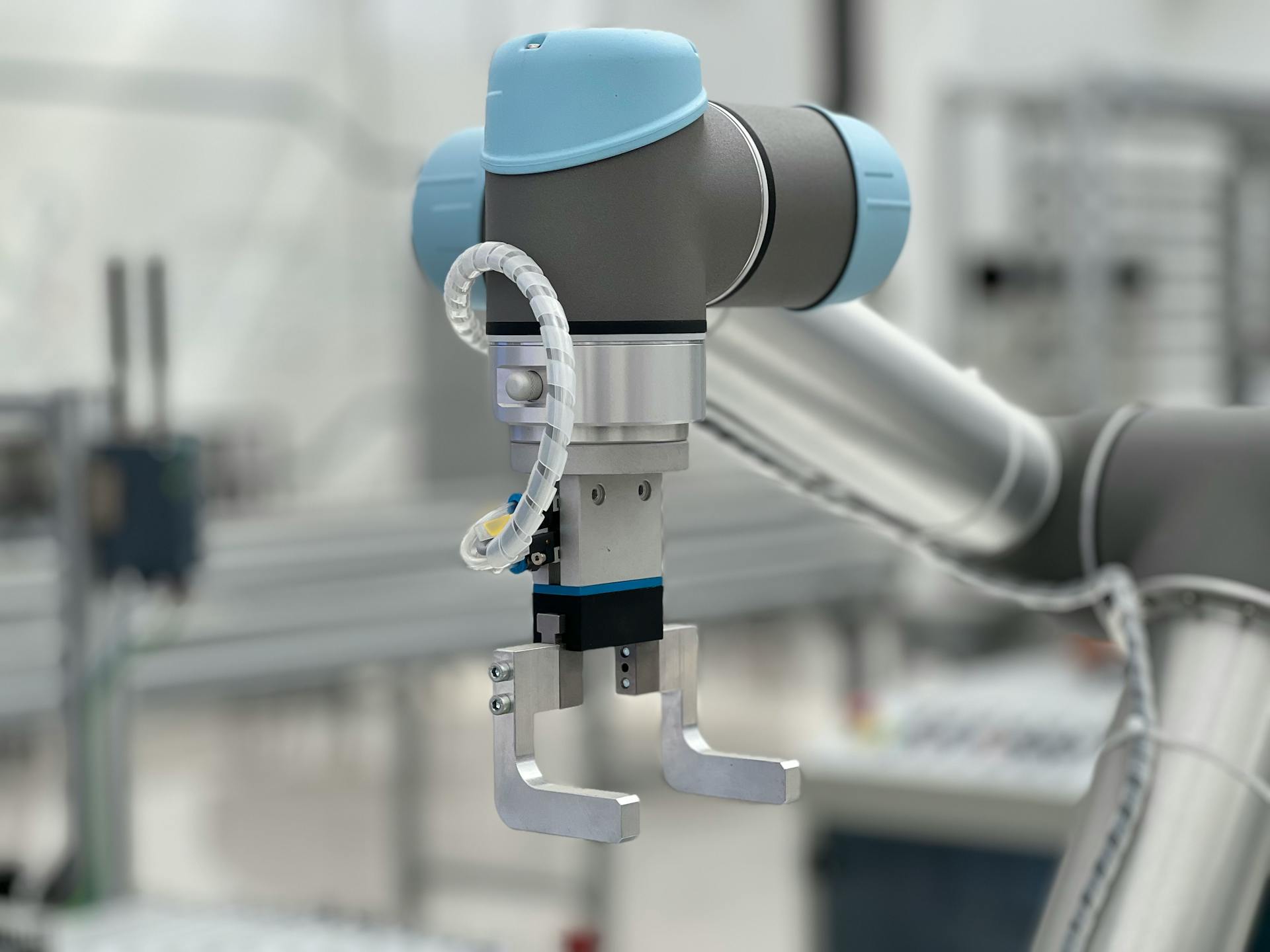 Interviewing For A Job This Year? Here Are 2025 Workplace Trends To Watch For
Interviewing For A Job This Year? Here Are 2025 Workplace Trends To Watch For
The beginning of the New Year can signify huge changes in your workplace. Whether that means new faces, new policies, or new ways of doing things, you must understand what workplace trends are coming down the pipe in 2025 to better prepare for them. Let's review some workplace trends to watch for this year.
A Focus On Mental Health
With 60% of the American workforce experiencing burnout, according to a McKinsey & Company report, it's no wonder American companies are being forced to focus on mental health. Gone are the days when mental health was a taboo subject. 2025 will be the year that your mental health is more important than your job.
Disability Considerations
Persons with disabilities, long shunned and pushed out of the job market because of their disability, will now enjoy far greater consideration for positions. Companies are more ready than ever to work with those with disabilities.
Bridging The Generational Gap
Whether you're of the internet generation or not, workplaces will continue to attempt to bridge the generational communication gap. Centralizing communication to one or two channels will make it easier for workforces to communicate with each other in 2025.
Use Of Slack & Other Centralized Communication Technologies
As working from home and remote work become more popular, the need for centralized communication methods, such as Slack, Microsoft Teams, and other forms of communication that require an internet connection, will become more prevalent in 2025. If you're already using Slack at your job, you'll be happy to learn that it won't stop once you switch.
Worker Solidarity
As Amazon and SpaceX find themselves under the cosh from worker-led lawsuits, it's evident that 2025 will continue a recent trend of worker solidarity. Whether through strikes or lawsuits, if you're looking for a new job with greater solidarity between workers, 2025 might be the year to take that leap into a new position.
Labor Union Organization
As labor union organizations increase, the number of unions and union members will continue to grow in 2025. While unions may sometimes get a bad rep, they are critical in respecting workers' rights.
You Might Not Have To Go Back Into The Office After All
Despite the high-profile cases of workers being forced back to work in 2024 (looking at you, Tesla), managers don't seem to care much about this. While your workplace may have a back-to-office policy, you might not have to worry too much about it being enforced.
Ticking The Attendance Box
Some workplaces in the United States allow a policy known as "coffee badging," where employees clock in, get a coffee, and then go to work elsewhere for the day. This is only the case for fully remote or remote-hybrid positions. You'll have to tick an attendance box for some positions, but you can otherwise work from anywhere.
Cozy Hideaways In The Office
While you might still be expected to go into the office, many office spaces now offer workers a cozy environment. It's not pajamas on your couch, but you might not be obligated to wear a suit and tie.
Looking At Task Management Differently
Task prioritization is changing. A new 2025 trend is known as "task-waiting," which involves setting your workday so that all your high-priority tasks are completed at an opportune time (when you're feeling most productive). This is a way to optimize worker productivity and workload balance.
No Degree? No Problem
There was a time when a Bachelor's degree was necessary, and you could not get a job without one unless you had some "in" with the company. Nowadays, the post-secondary education landscape is changing. Companies hire far more non-degree applicants than they used to, as "skills pay the bills" becomes a dominant narrative.
Prioritizing Work-Life Balance
Many companies are beginning to realize the importance of work-life balance and how much happier it's making their employees. If work-life balance is important to you, then you're in luck in 2025—companies are beginning to prioritize it over the work-till-you-drop attitude of years gone by.
Time Off Policies That Matter
While traditional "sick days" are common, companies embrace a more progressive understanding of time off policies. These policies can include time off for bereavement, paternity leave, and more. More workplaces are embracing a time off policy that keeps their employees happy and increases their productivity and output.
Embracing Artificial Intelligence
There's no doubt that artificial intelligence is here to stay. Whether you agree with it or not, companies are most definitely capitalizing on its efficiency and effectiveness. It can perform simple and complex tasks much faster than a human. Artificial intelligence is being embraced worldwide, from writing and imagery to financial data mining and data analysis. If you're looking for a new job in 2025, expect AI to be in your office.
Generative AI In The Hiring Process
Generative AI, or generative artificial intelligence, is AI software that generates material, such as graphics or written text. You'll notice that generative AI is used more often in hiring. From writing interview questions to pre-screening applicants, generative AI is everywhere, and you may not even realize it.
From The Corporate World To Small Businesses
"Corporate refugees" have left the corporate world and want to rediscover their work-life balance. Many opt to work for small businesses, where their large-scale business expertise is welcomed. If you're in a corporation but want to move to something smaller—try applying for jobs at small businesses that speak to you.
Retaining Quality Over Quantity
In 2025, workplaces are beginning to prioritize retaining quality workers over as many workers as possible. If you're doing a great job for your boss and they're happy with you, 2025 may be a great year to ask for a raise—they're more likely to try and retain you as a worker than to replace you.
Working From Home Is The New Normal
82% of Americans favor working from home rather than going into the office. Workplaces and companies are beginning to offer a remote-hybrid or fully remote option for most positions where possible. It's highly enticing for new employees from a WFH environment and will become the new normal in 2025.
Using Data To Recruit
Since artificial intelligence has made it so easy for companies to sort through massive amounts of information relatively quickly, employers looking for new employees are using data gleaned by AI analysis to recruit. Not only does AI work with datasets much faster than traditional employees, these AI tools are often free or far less than paying salary and benefits to an HR professional.
Prioritizing Generational Needs In The Workplace
Generational needs are being prioritized in 2025. Gen X thrives on independence and work-life balance. Millennials prefer to work closely with their bosses and communicate frequently, illustrating a clear career path. Gen Z is full of passionate, youthful workers who thrive on individualized attention. Workplaces will continue to cater to each group.
Addressing Employee Needs Becomes Paramount
Companies are beginning to offer a much more personalized work experience. No longer are cookie-cutter solutions sufficient for the modern worker. Whether you require personalized coaching, personalized leadership development, and so on, companies are making their work environment a cornerstone of their business models in 2025.
Employer-Provided Insurance By Default
While you'll still need to pass your probation to qualify for most company's insurance plans, employer-provided insurance (as part of a benefits package) is now becoming a standard practice. And the benefits packages are bigger. So, if you hope to jump ship to a company with more benefits, you're in luck in 2025.
Companies Investing In Health, Hygiene And Safety
While the COVID-19 pandemic was over five years ago, its after-effects are still being felt worldwide. As we become more mobile than ever, employers are heavily investing in health and safety to prevent or mitigate the effects of the next viral pandemic. 83% of business executives say they're hiring more health and safety professionals in the coming years.
Diversity, Equity, & Inclusion's Continued Importance
Infusing diversity, equity, and inclusion into business hiring practices will continue to be important in 2025. As a standard practice, DEI is catching the attention of HR managers and CEOs worldwide.
A Greater Appreciation For The Environment
As environmental disasters swept the world in 2024 and continue into 2025, companies and corporations are switching to more environmentally friendly business operations. Whether offering EV chargers in their parking lots or shortening their supply chains to save the environment, if you care about the environment, you'll likely find a company that matches that ethos in 2025.
The Use Of Augmented Reality For Training
When training for certain jobs, you can expect to see augmented reality integrated into the training platforms of different positions. This could include truck drivers just learning to drive big rigs or nurses, doctors, or surgeons performing virtual surgeries as AR practices.
Retraining Becomes More Prevalent
As AI and robotics begin to take over certain roles and positions, companies that have invested time, money, and energy in their employees will continue to offer retraining options rather than simply letting them go prematurely and having to pay severance.
Shifting To Flexible Schedules
As the recognition that a work-life balance is essential to worker happiness sets in, companies that have begun to shift from a rigid hours-based salaried structure are starting to see that workers who can go to an appointment when they need to, or are given the flexibility to pick the kids up from school for an hour, are far happier than those who are chained to a desk for eight hours a day. So, if you've got out-of-work errands that need running or other commitments that you're worried about keeping—employers in 2025 are far more likely to be understanding.
Companies Now Offer Financial Well-Being Courses To Reduce Worker Stress
With 66% of the American workforce reporting significant financial stress, companies will offer financial training and budgeting education to reduce employee financial stress in 2025. Rather than a "pull yourself up by your bootstraps" approach, companies realize that de-stressed employees offer better overall performance.
Structured Automation To Take Over Various Workforce Processes
Up to 70% of organizations, including many human resource departments, will use artificial intelligence to run various workplace processes in 2025. These structured automation processes will increase operational efficiency and provide more flexibility for employees to perform other tasks. In 2025, artificial intelligence will mostly handle payroll, time management, and employee performance tracking tasks.





































